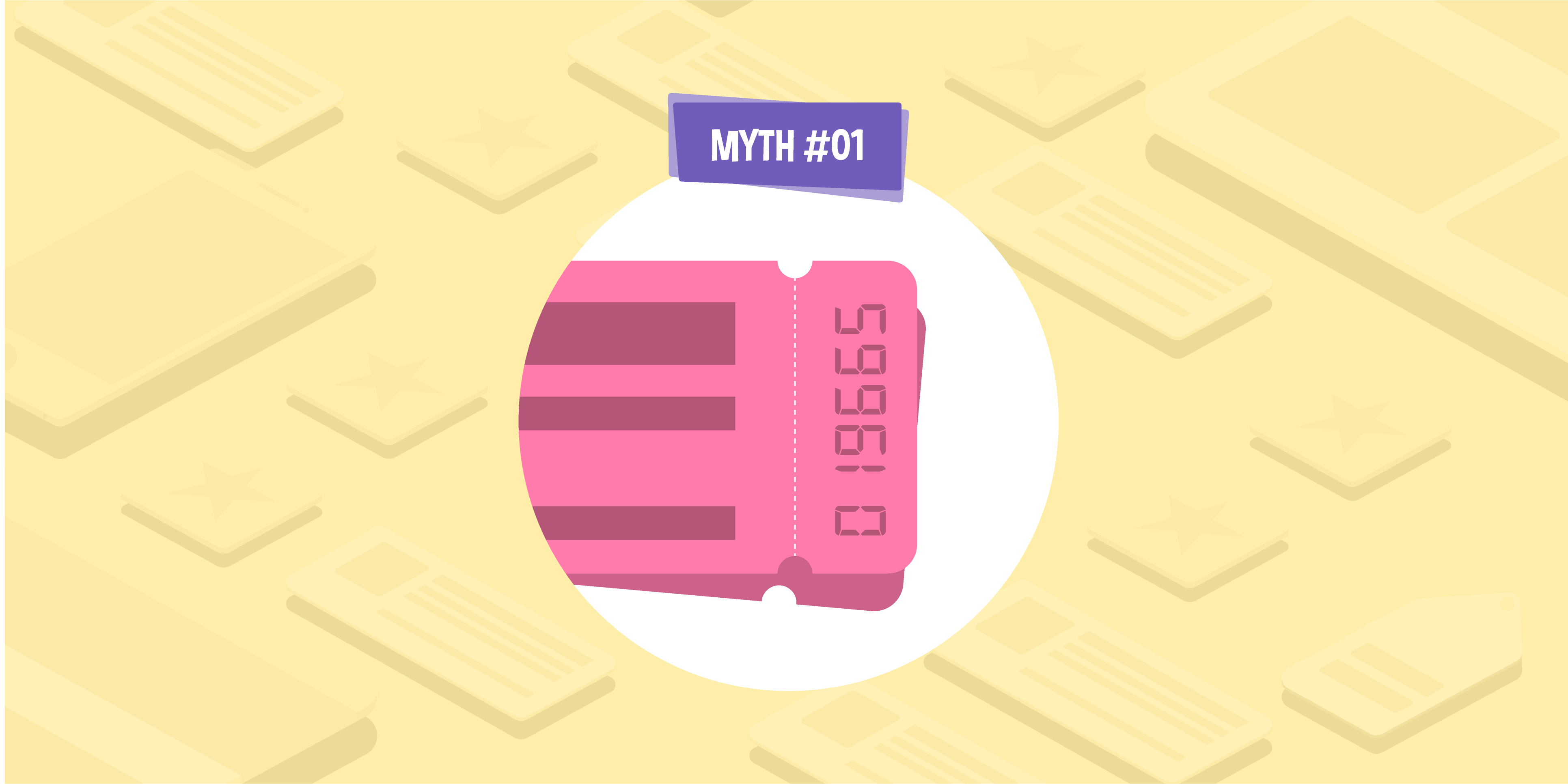
- 10 Jun 2022
- 4 Min read
How Love Island’s eBay partnership will shape the future of influencer marketing
Love Island has become one of the British public’s favourite TV shows. In fact, a whopping 3.2 million of us tuned in to watch the live final back in 2021 (ITV). With stellar viewership figures across live TV and streaming services, the show’s success also means it has established itself as the best window for fast fashion. But with great popularity comes great responsibility, and this summer, Love Island has switched its sponsorship to appeal to its increasingly environmentally conscious viewership by partnering with eBay instead of its usual fast fashion brands.
This year, it’s likely that the show will be setting more than just fashion trends. The shift towards more responsible brand deals may indicate a change in influencer marketing as a whole. In this post, I’ll explore how Love Island has turned away from its fast fashion roots and how this could shape the future of influencer marketing.
The end of fast fashion
Both live TV and on-demand services open up opportunities for brands to sponsor and advertise their products to a national audience, and a slot in a hit show like Love Island is prime real estate for advertisers. Brands such as I Saw It First and Missguided have repeatedly sponsored the reality show, and their advertising budget not only goes towards on-screen advertisements, but to kit out the Islanders themselves.
Upon leaving the show, contestants tend to be offered contracts with major fast fashion brands. The most famous example has to be season five’s Molly-Mae Hague, who not only secured several conspicuous contracts but was then named creative director for Pretty Little Thing.
The hit ITV show has been synonymous with fast fashion, but this year show bosses have decided to take a more eco-friendly approach, ditching their fast fashion sponsors for the second-hand marketplace eBay. Every contestant on the island will be dressed in pre-loved clothing, and viewers can actually shop the second-hand look from the official Love Island app.
This doesn’t come as a major surprise. Sustainability has become increasingly more prominent in the fashion industry with pre-loved clothing apps such as Vinted, Depop, and Hardly Ever Worn rising in popularity. Even high street brands such as H&M are incentivising their customers to recycle clothes, and we’ve seen various clothing rental apps, such as Hirestreet, pop up.
Sustainable fashion certainly isn’t anything new, but ITV’s decision to move away from fast fashion does indicate how mainstream sustainability is becoming. And with Love Island having so much pull over the world of influencer marketing, how will their new stance change the lucrative influencer world?
The rise of nano- and micro-influencers
For a start, pre-loved clothing apps will become an even more prominent subject of influencer marketing content, raising the profile of niche demographics and enhancing the reputation of sustainable influencers. This means smaller brands (such as local companies and those offering eco-friendly options) will have greater opportunity to raise their brand awareness via social platforms, especially on Instagram.
We are finally moving away from the misconception that a high number of followers equates to high engagement and ultimately ROI. Working with smaller influencers can often be a more cost-effective and worthwhile investment, as their audience is generally more engaged. In response to this, Instagram is now allowing links in stories for accounts with less than 10K followers. This has opened up new possibilities for smaller influencers to maximise their partnerships.
Links in stories are great news for marketers too. Following the end of the third-party cookie, affiliate marketers have been looking for new ways to monitor performance on social media, and clickable links could well be the solution. Adding affiliate links directly to posts means we can track the effectiveness of the exposure, as well as award a commission on a cost per action (CPA) basis.
This improved visibility may then lead to a rise in partnerships that run on a commission or performance basis. While traditional influencer campaigns involved an initial payment at the beginning of the campaign, performance-based marketing will offer a payment based on actual sales. This will still reward content creators for their efforts without putting brands in jeopardy by investing a copious amount of budget in partnerships that may not pay off.
There’s also the added benefit of influencer marketing becoming a much more authentic space. Working with nano- and micro-influencers means that product placement and content come across as more genuine and contextual, compared to a well-constructed influencer placement. This integrity can lead to higher engagement for both brands and influencers, generating higher interest in products and a better conversion rate.
The industry is already responding to the shift. Instagram is rolling out its own affiliate programme (this is currently available in the US, and we can’t wait for it to be available in the EMEA) as well as a shoppable feed which will simplify the sales journey. Customers will be able to purchase products directly from a post or story, making the whole process easier and more organic. Once shoppable feeds become the norm, we also predict a closer collaboration between paid social and affiliate marketing to deliver a more unified strategy, re-targeting ads to reengage with customers who are interacting with shoppable content.
As sustainability becomes mainstream, micro-influencers and brands are feeling the benefit. So, it’s definitely worth seeing how your influencer and affiliate campaigns can be altered to suit changing attitudes.
If you’re looking into a new campaign, our expert affiliates team can help. We’ve delivered fantastic results for brands like Alliance Online and Dormeo, and have even launched international campaigns for Dormeo’s Irish, Dutch, Spanish, and Australian markets.
Simply get in touch with the team today to find out how we can help you.

